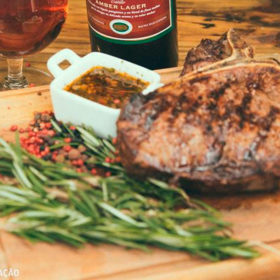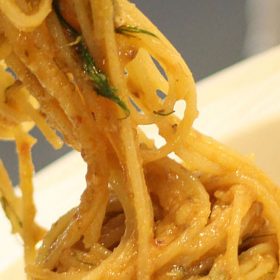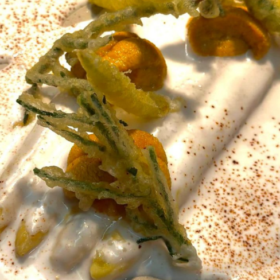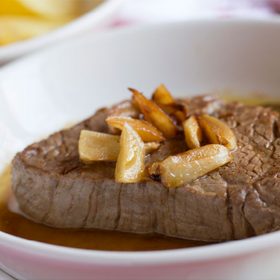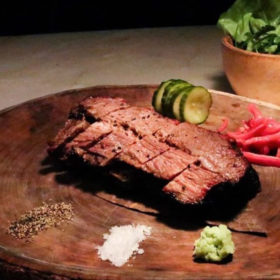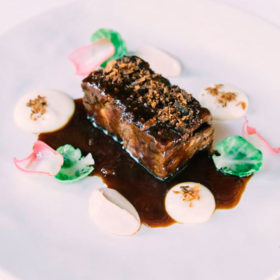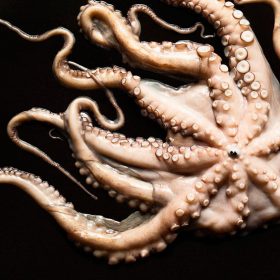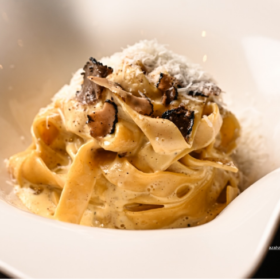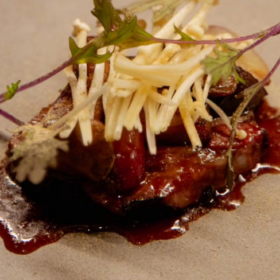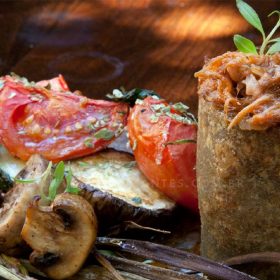The curse of the Michelin star

Restaurants awarded the honour are more likely to close, research finds
The twelve new restaurants added to the New York Michelin Guide this month, serving up cuisine ranging from “haute French” to “eco-chic”, will be toasting their success. Being featured in the handbook of the tyre-maker-turned-restaurant-critic is the first step towards receiving a Michelin star, the most coveted award in fine dining. Yet according to research recently published in the Strategic Management Journal, an improbable source of culinary intelligence, restaurants might be better off remaining starless.
Daniel Sands of University College London’s school of management tracked the fortunes of restaurants that opened in New York in 2000-14 and received a starred review in the New York Times. He found that, of this promising group, establishments which went on to get a Michelin star were more likely to close down in the years that followed than those which did not. The relationship remained even when factors such as location, price and type of cuisine were taken into account. All told, 40% of restaurants awarded Michelin stars in 2005-14 had closed by the end of 2019.
A Michelin star boosts publicity: the study found that Google search intensity rose by over a third for newly starred restaurants. But that fame comes at a price. First, Mr Sands argues, the restaurants’ customers change. Being in the limelight raises diners’ expectations and brings in tourists from farther away. Meeting guests’ greater demands piles on new costs. Second, the award puts a star-shaped target on the restaurants’ back. Businesses they deal with, such as ingredient suppliers and landlords, use the opportunity to charge more. Chefs, too, want their salaries to reflect the accolade and are more likely to be poached by competitors.
Food is not the only industry where awards are a mixed blessing. Several studies have shown that companies run by award-winning bosses underachieve relative both to their previous performance and to non-garlanded rivals. Like Michelin-starred chefs, superstar ceos demand fatter pay packets and are more easily distracted, spending more time writing books and joining boards. In publishing, too, awards bring peril. Prizewinning books are reviewed more harshly than before their success, and worse than runners-up.
For restaurateurs who are in it for the glory, Michelin’s top award will probably remain too enticing not to pursue. But for those who simply want to stay in business, it may be safer to not quite cut the mustard. ■
To stay on top of the biggest stories in business and technology, sign up to the Bottom Line, our weekly subscriber-only newsletter.
This article appeared in the Business section of the print edition under the headline “Star-crossed”

